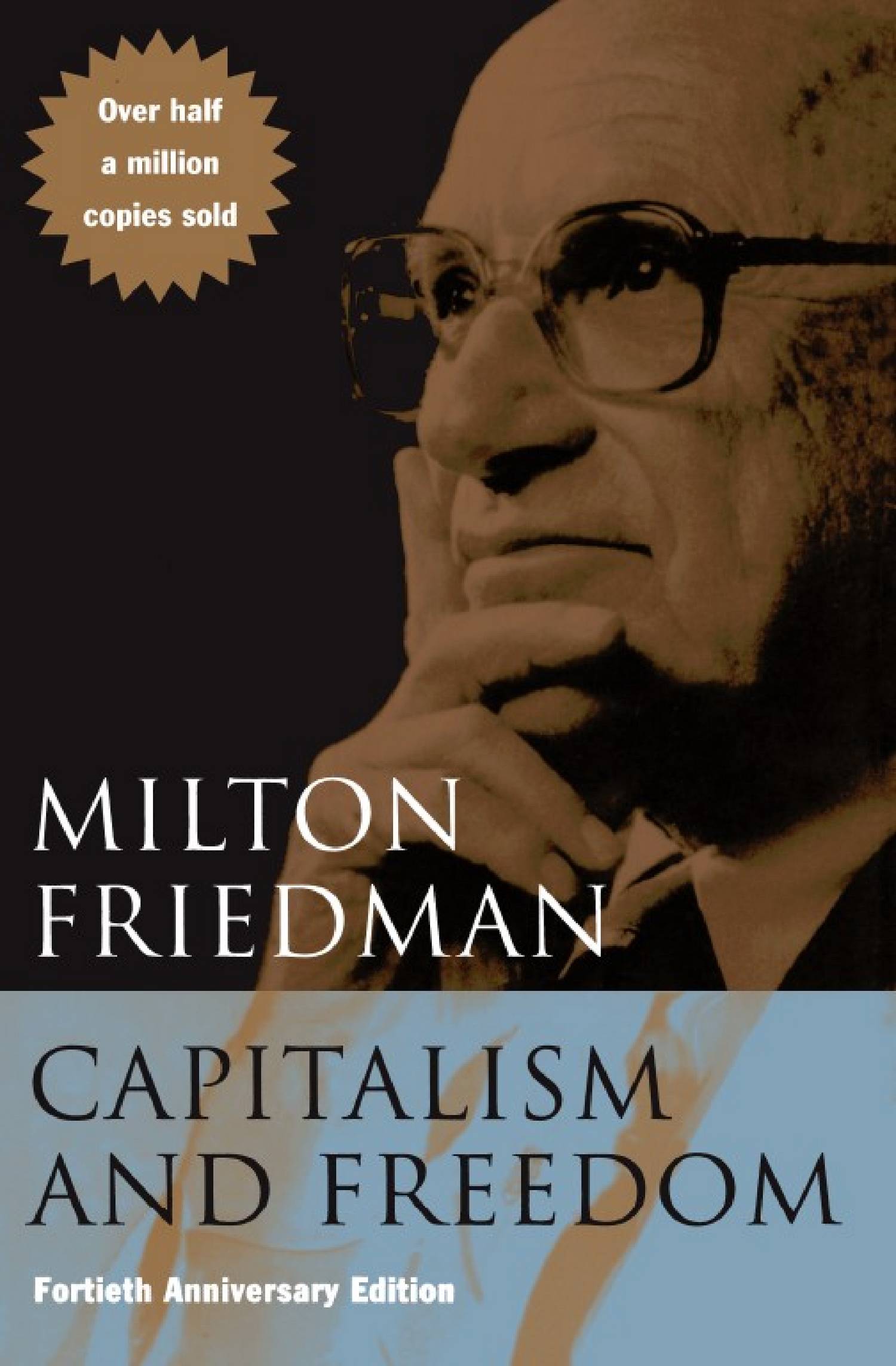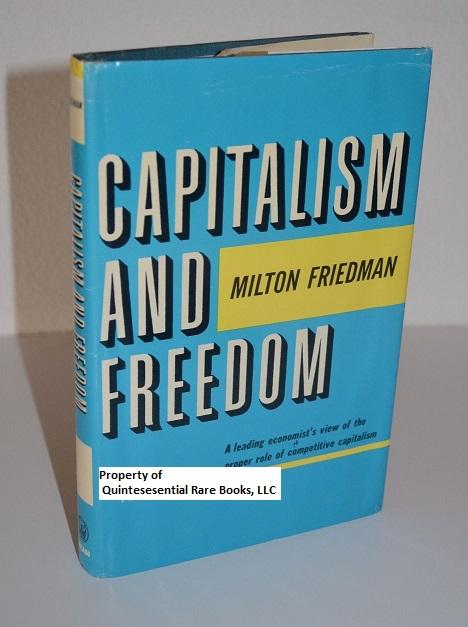

And they want to make families artificially dependent on government design with policies such as federal mandated paid leave and extended child tax credits.

Further, these “capitalists” want to forbid the business practices that they think favor capital over labor, when in reality capital fuels innovation, hiring, and higher wages. They want to line the pockets of the firms they favor while punishing those they dislike. Also contradicting the common-good capitalists’ mythmaking is the well-documented burden imposed by the regulatory state at all levels of government.īut rather than demanding fewer government-erected barriers to exchange, employment, and housing affordability, the common-good capitalism crowd wants tariffs to obstruct consumers’ access to inexpensive imports. With $31 trillion in debt, more than $6 trillion in annual federal government spending and a future 30-year government shortfall of $114 trillion, it’s ludicrous to assert that the dominant governing philosophy in Washington over the past 50 years has been Milton Friedman–style market theory. The size and scope of the government say otherwise.

It’s striking to listen to common-good capitalism advocates act as if today’s markets have been freed of all the fetters that I and other advocates of small government have warned about for decades. They end by offering up even more government interventions as supposed solutions. They start by mistaking problems caused by government intervention for problems inherent in the free market. While I don’t dismiss some of their complaints about the underperformance of the economy - specifically the hardships suffered by some workers and families - common-good capitalists make the same mistakes as their counterparts on the left. I wouldn’t blame you if you thought these complaints were coming from the likes of Sens. For instance, common-good advocates’ complaints about no-prefix capitalism often include excessive income inequality caused by greedy, cosmopolitan capitalists who heartlessly offshore jobs to low-wage foreign countries, or gripes about corporations somehow simultaneously charging monopolistically high prices that hurt consumers and low prices that threaten small firms and damage local communities.


 0 kommentar(er)
0 kommentar(er)
